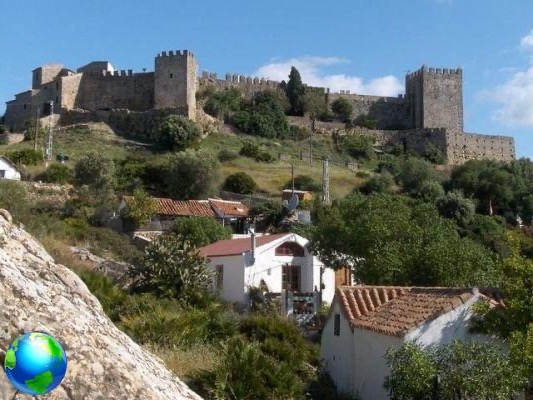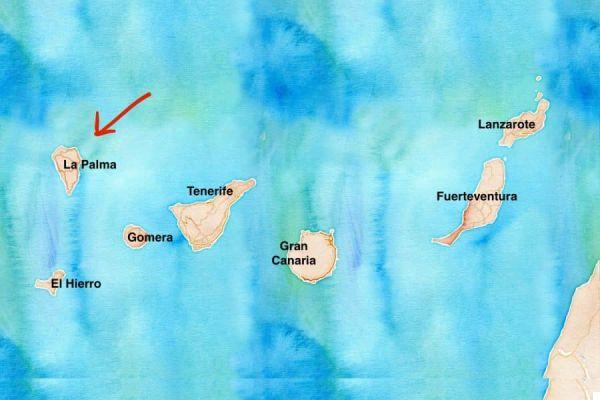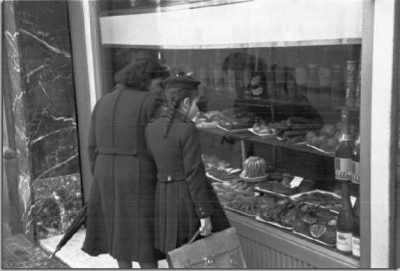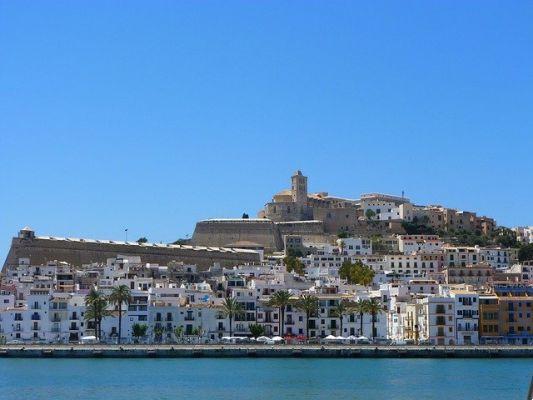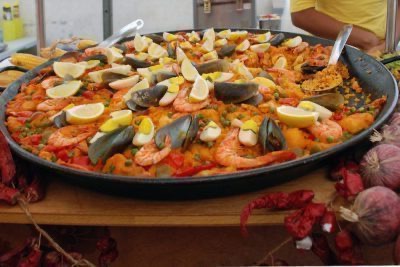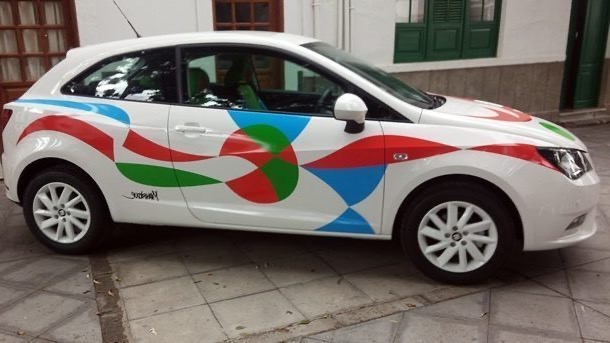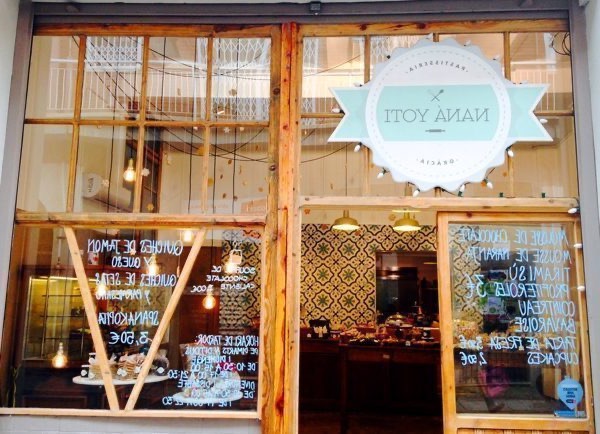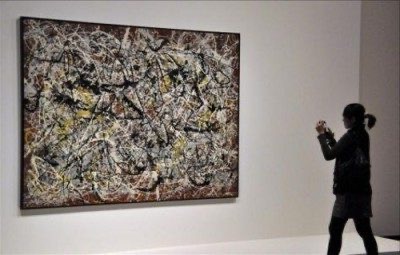All the traditions of Christmas in Madrid, from the table set on December 24th to Los Santos Innocentes, the day of jokes in Spain, December 28th.
Here's what happens in the homes of Madrid on Christmas Eve, or rather the "Noche buena”, On Christmas day and the following days. Follow me and we will discover some ancient traditions and others more recent to celebrate Navidad in Madrid.

La Nochebuena, on the evening of Christmas Eve in Madrid
The night of the Christmas' Eve, December 24th, is for most of the people of Madrid the most important night during the Christmas holidays and tradition has it that we spend at the home of the grandparents, the “abuelo”.
The eve dinner is a moment of family reunion and celebration of abundance, for which the tables are laden with every delight starting with fish-based appetizers.
A dish of prawns and prawns as an appetizer, meat or fish soup, is very common, and then continues with a riot of meat that can range from beef to lamb cooked according to tradition. The tradition of the cuisine of Madrid, and in general of central Spain, is to be very tasty, for which garlic, onion, but also pine nuts, almonds, saffron abound.

A riot of desserts that are mainly dry and often with almonds as the host.
Typical are the "mantecados", almond sweets with lemon, coconut, chocolate or even cinnamon flavor and the "polvones", dry sweets with pine nuts or almonds.
The soft and sweet nougat called "nougat".
Another Christmas tradition are the "villancicos" or Christmas carols to be sung after dinner.
Everyone playing at the "gordo de Navidad”, Or the Christmas lottery
The Christmas lottery, or "El gordo de Navidad", is the richest lottery in the world, not for nothing "gordo" means "fat", "abundant". Not only is it the richest lottery in the world but also one of the oldest dating back to 1812 or maybe even 1762 according to other sources consulted.

Il game system, and extraction, is quite complex so that the relative television broadcast can take up to 3 hours, but the length of the program does not discourage the Spaniards who dream of becoming millionaires and who remain glued to the television with their eyes glued to the drawn numbers.
By the way, the draw is far from simple as the Spanish lottery system is based not on the series of numbers that appear on the tickets, but on a mix between the 5-digit series and another number.
In short, each full ticket (block) carries a series of 5 digits and is sold up to 180 times.
But how do you tell one ticket from another? Here's how: Each ticket sold carries the series and another number is added.
It is also possible to buy either the block (very expensive) or a "decimos" or a fraction equal to 10% of the ticket marked by the series of 5 digits plus another number.
A somewhat complicated system which however does not dissuade the Spaniards who buy tickets en masse in the hope of becoming millionaires on the night of December 22nd

La Zambomba, Christmas in music in Madrid
The "zambomba”Is literally a tambourine, but the term is used to indicate a show made of dances and music of the tradition of La Mancha, the region southeast of Madrid.
Very rhythmic, it may remind you a little of the "flamenco" but woe to compare it to the same in public: the "zambomba" is the "zambomba".
However, today, more and more often it is possible to attend some zambomba show in the Madrid theaters during the holiday season if not really on Christmas day, as happened to me.
Arm yourself with patience and if possible buy tickets in advance online because the show is becoming an increasingly popular attraction and it is not uncommon to find yourself sitting among families with children in tow ready to sing the ancient Spanish lullabies and get excited by being overwhelmed by the spell of sounds and gestures.

The King's Christmas speech
A bit like the year-end speech of our President of the Republic, the speech of King of Spain it is a tradition that glues all Spaniards to the screen, or almost, on Christmas Eve. After the speeches of King Juan Carlos, King Felipe did not want to change the tradition and he also appears on television.
The speech is usually a wish for serenity, but it also touches on more topical issues in a balanced way.
A sort of agenda for the past year with an eye to the challenges of the future.
Los Santos Innocentes, the night of jokes
Pass Nochebuena and Navidad, or the Viglia and Christmas, the other holiday expected by the Madrilenians, but in general by all the Spaniards, is the on December 28st, the day of “Los Santos Innocentes”.
It is the day when it is allowed to tease oneself good-naturedly and make little jokes, such as sticking a joking note or a card on someone's back without them realizing it.
Another tradition of this day is to go to markets.
The best known is the one found in Plaza Mayor in the center of Madrid.









